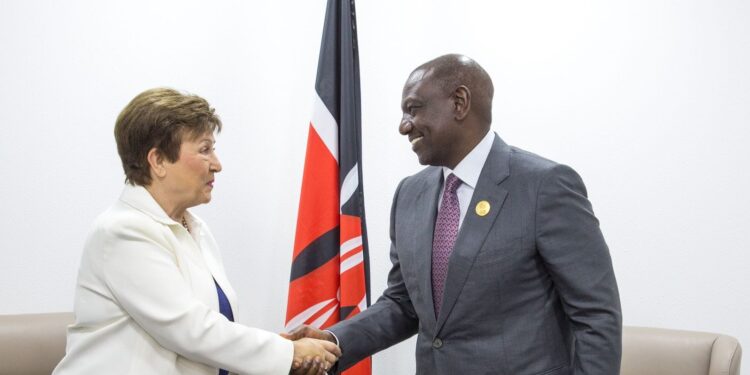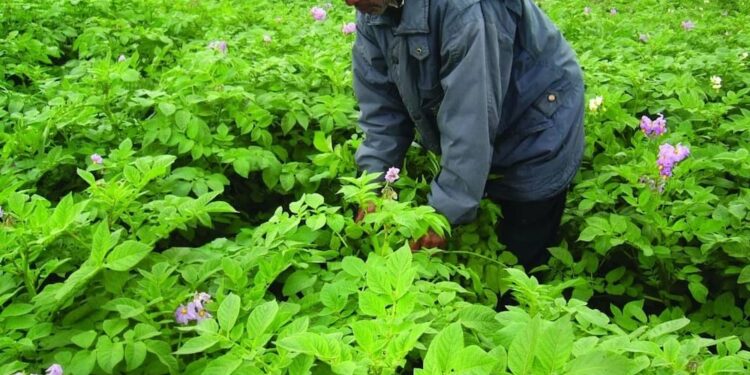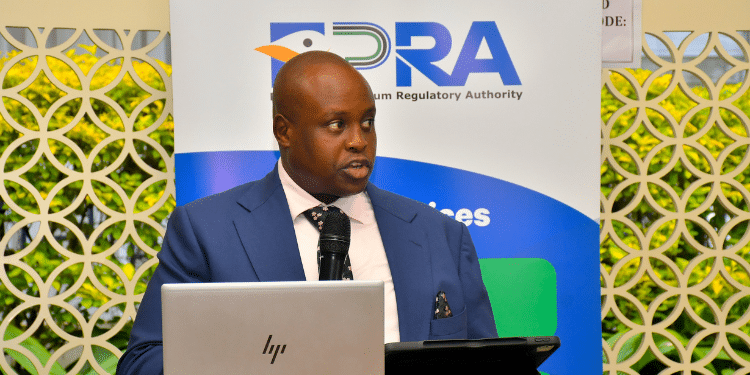Kenya’s potato production sector got a boost following a new partnership that will see a new hybrid potato breeding technology introduced in the country.
The problem of production of low quality and quantity potatoes in Kenya might soon find a solution following the new partnership between Dutch based Solynta – hybrid potato breeding technology company and Freshcrop Limited, a Kenyan tuber propagating company.
Solynta and Freshcrop will collaborate on the development of hybrid true potato innovation in Kenya.
The two companies will work closely to facilitate future introduction of high quality hybrid potato seed tubers produced from hybrid true potato seeds.
The partnership aims to put an end to the shortage of clean starting material in Kenya, allowing farmers to benefit from access to disease-free seed tubers.
FreshCrop Managing Director Chris Gasperi noted that with seed tubers grown from Solynta’s non-GMO breeding technology, farmers will be able to grow potatoes with specific beneficial traits and optimize their yield considerably, with limited risk.
“FreshCrop is dedicated to supporting local farmers with clean and high-quality seed tubers that will produce abundant yields and improve living standards throughout Kenya” said Gasperi.
He added “There is a growing demand for clean starting material in the Kenyan potato market”.
According to Gasperi, existing potato diseases diminish yield and affect the overall potato quality considerably.
“We are continuously looking for new ways to provide our customers with solutions to their problems”.
“We are currently working very closely with Solynta to ensure FreshCrop brings the most innovative and adapted products to its customers in the Kenyan market”.
Potato production and climate change
Solynta’s Business Development Director Charles Miller said the partnership comes at the right time when Kenyan potato farmers are battling with the biting effects of climate change including changing rainfall patterns and prolonged drought seasons.
“Solynta’s focus is on supporting the farming communities and ensuring that good nutritious food is available to the world’s population” said Miller.
Miller says the new technology will help to revolutionize the potato value chain, from seed to consumption, by unlocking its true potential.
“We strongly believe in empowering local farming communities by providing clean high quality starting material that is adapted to local growing conditions”.
According to Miller, the new technology will help add value to local farmers with the introduction of specific genetic traits that are tailored to the Kenyan climate and soil.
“With the innovative technology of Solynta, potato varieties can be developed and improved in a fast and targeted way. This non-GMO technology will allow potatoes to continue to grow as a cash crop, even in changing climate conditions” Miller explained.
Also Read: Jubilee Insurance and USIU Introduce Mentorship Program for Students
Solynta’s non-GMO technology allows the fast development of new varieties with specific traits to tailor agricultural challenges, like climate change, pests and diseases and governmental restrictions on chemical usage.
The major irish potato growing regions in Kenya include Nyandarua, Nakuru, Elgeyo Marakwet, Meru, Nyeri, Kiambu, Taita Taveta, Narok, Bomet, Trans Nzoia, Bungoma, Uasin Gishu, West Pokot, Kisii, Nyamira, Kirinyaga, Murang’a, Baringo, Nandi, Laikipia and Kericho.
In Kenya, some 800,000 smallholder farmers are engaged in production of potatoes on 158,000 hectares,with over 300,000 tonnes of seed required per year.
Kenya’s national certified seed production is currently less than 2% of demand.








































































